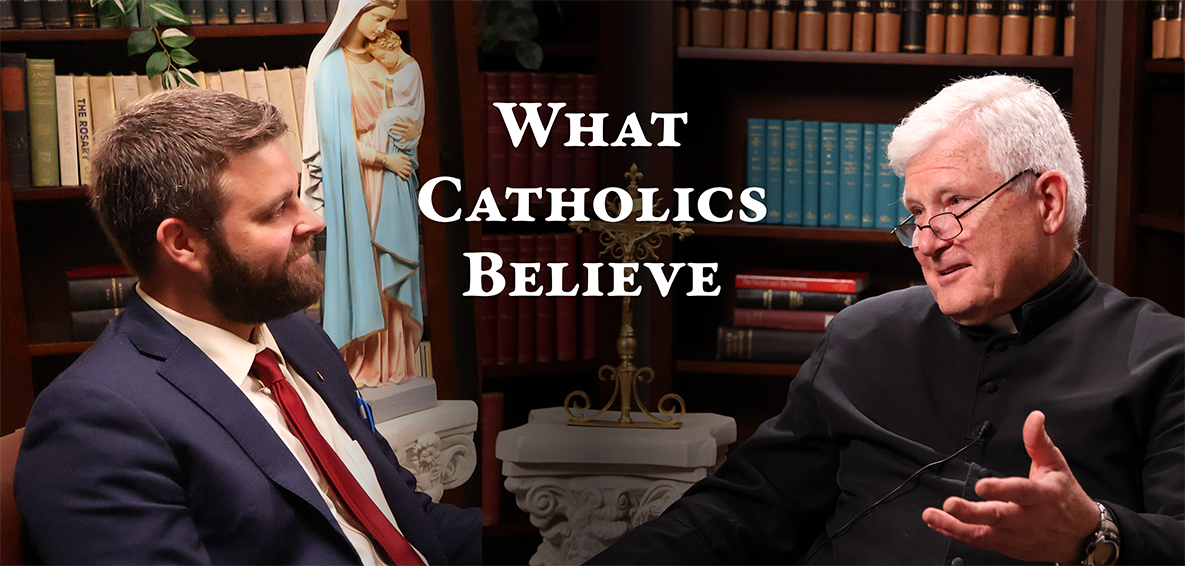What is Love?

During the 1968 award-winning musical Oliver!, the young lad playing the part of Oliver Twist sings with an air of wistfulness and sadness “Where is the love?” It is a classic question of human history and every human life as our fallen human nature struggles with the consequences of sin and the sense of loneliness and loss caused by estrangement from God. Perhaps the better question would be “what is love?” since before we can hope to find where love is we must first understand what love is.
Is love the fevered and obsessive infatuation of first romance, when a young man (still very much a boy) and a young lady (still very much a girl) “fall in love” with each other? Often the young who are smitten for this fool’s gold of fool’s love throw caution – and even common sense and common decency – to the wind as they allow their passions to blind them to everything else: the love of friends, the love of family, even the love of God. They sacrifice genuine love in the fires of passion on an altar made of fool’s gold. But true love does not destroy lovers; it elevates and edifies them.
Is mere zealotry for a “cause” a form of true love? Was Karl Marx moved by genuine love for the masses when he penned his philosophy and its program of socialistic tyranny to produce the communist workers’ paradise on Earth? Was Adolf Hitler moved by the love of an ideal when he proclaimed the ascendancy of his master race and pursued it by policies which brought the horrors of war, misery and death to millions of people? Was Joseph Stalin motivated by love to send tens of millions of innocent men, women and children to work themselves to death in the misery of Siberia and Kolyma? But, again, true love is not cruel and does not destroy; it elevates and edifies, for “everyone that loveth, is born of God and knoweth God.” (John 4:7)
By “love” here, Saint John does not mean the self-serving and self-centered destructive love of human passion, but the thoughtful, rational and self-sacrificing love which the Church calls the virtue of caritas – charity: “For God is charity.” (John 4:8) God’s answer to the question “what is love?” points the answer for the question “where is love?”: “For God so loved the world as to give His only-begotten Son.” (John 3:16). Love, therefore, must be found where God Himself is – where God Himself places love: in the manger and on the cross.
The manger and the cross thus express the entire range of human joy and sorrow. The drama of human existence and the destiny of human life are summed up in the Divine Person laid in the humble wooden box of the manger and hung on the rough wooden gibbet of the cross. In Him and in Him alone can mankind find true love.

